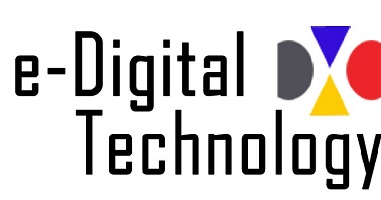
Smart contracts, which are digital agreements that put the terms into code and thus execute themselves, have started to transform industries, out of which we see less need for middlemen and greater trust in digital transactions. What we are to see of the second wave of smart contracts is even more change, especially in the field of legal automation.
As they become more intelligent, flexible, and integrated into the fabric of business and law, they will, disrupt how legal services are provided, agreements enforced, and disputes resolved.
From the basics of Logic to Advanced Legal Intelligence.
Early smart contracts ran on what you may call black and white, if this, then that logic. While that is fine for very basic use cases like crypto transfers or automated royalty payments, it does not have the in-depth, flexible features to manage complex legal agreements. Into that void comes the next generation of smart, which are integrating into their structure advanced tech such as AI, NLP, and oracles, which put real-time info into the smart contracts.
Through these improvements, smart contracts will now include the ability to put into practice legal language that they can interpret, also they will adapt to change and, in some cases, rework terms based on set parameters. This is to put forward a better suit for more complex applications like those of employment agreements, insurance claims, or cross-border trade deals.
Enhancing Legal Efficiency and Reducing Costs
Legal processes can be very slow and costly, which in turn is a result of document preparation, reviews, compliance checks, and manual enforcement. Smart contracts present a more efficient option by which many of these steps are automated. For example, instead of a third party’s verification of payment or delivery, which is a delayed process, a smart contract will execute immediately once the agreed terms are met, free of delay, error, or admin overhead.
This automation is also a cost reducer, which at the same time increases legal access. We see that small businesses and individual consumers who are usually priced out of traditional legal services are now using self-help templates for common requirements like leases, NDAs, and service agreements.
New Paradigms in Legal Practice
Smart contracts do not do away with lawyers’ roles; instead, they transform what lawyers do. Legal professionals are becoming legal technologists, which is to say, experts who have a foot in both the legal and tech worlds. They will be involved in the design, audit, and interpretation of smart contracts as well as in oversight and dispute resolution, which automated systems may not be able to handle or which may require human input.
Law firms and legal departments are reporting to develop platforms that put smart contract features in with traditional legal services, which in turn creates hybrid models of automation and human counsel.
Challenges and Considerations
Despite having that which is put forth as truth, many issues still present themselves. Legal systems differ in each jurisdiction, and the adoption of smart contracts by traditional courts is a growing issue. Also, we see that what is put through the code sometimes fails or is interpreted wrong, which in turn produces unforeseen results. Smart contracts must be very much a see-through process, must be open to audit, and also must pair with legal standards, which in turn will promote fairness and accountability.
Also, for wide-scale adoption, user trust and regulatory clarity is a must. Policy makers to put in place guidelines that frame the role of smart contracts in the wider legal体系 including consumer protection, dispute resolution, and liability frameworks.


